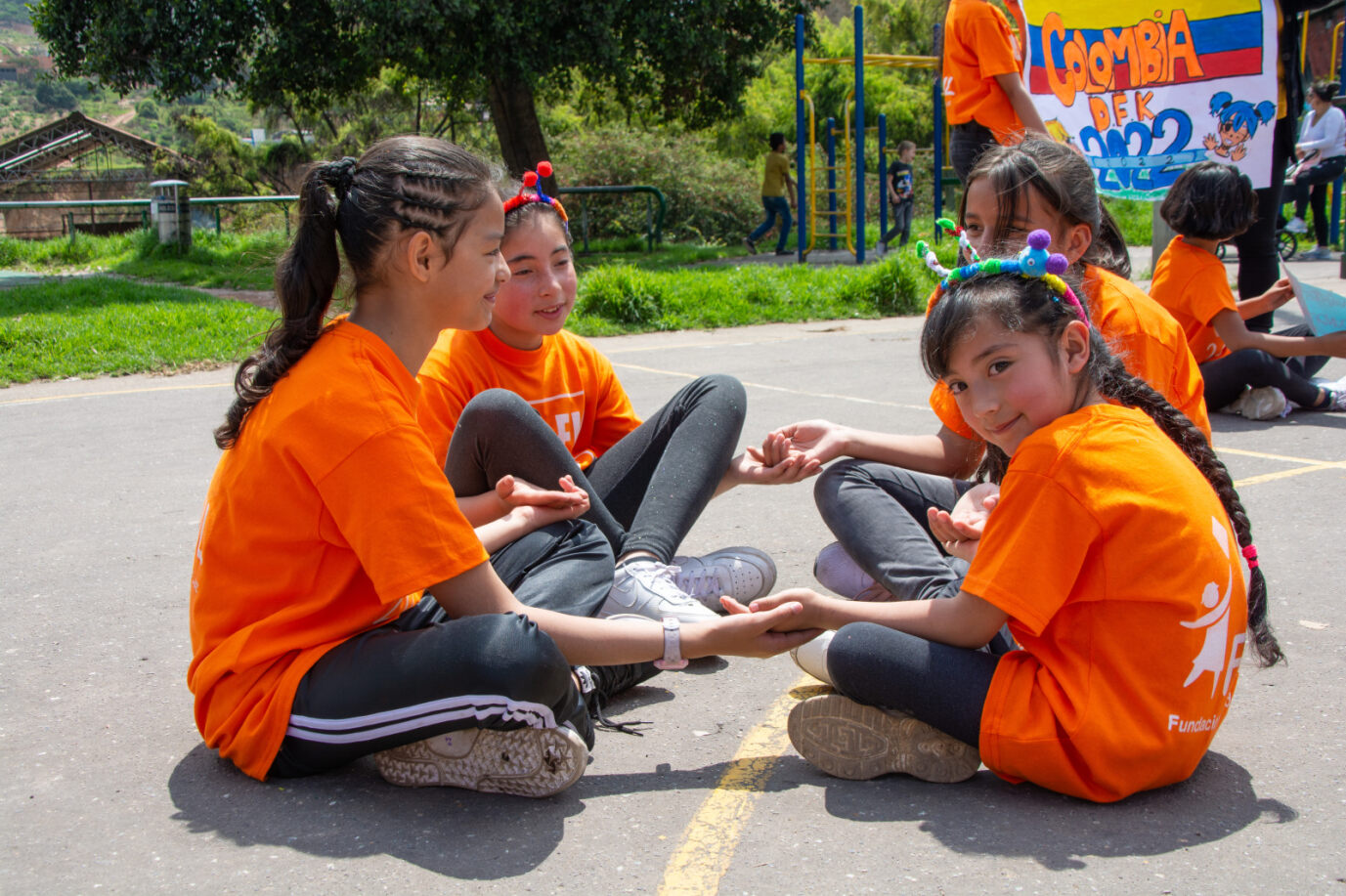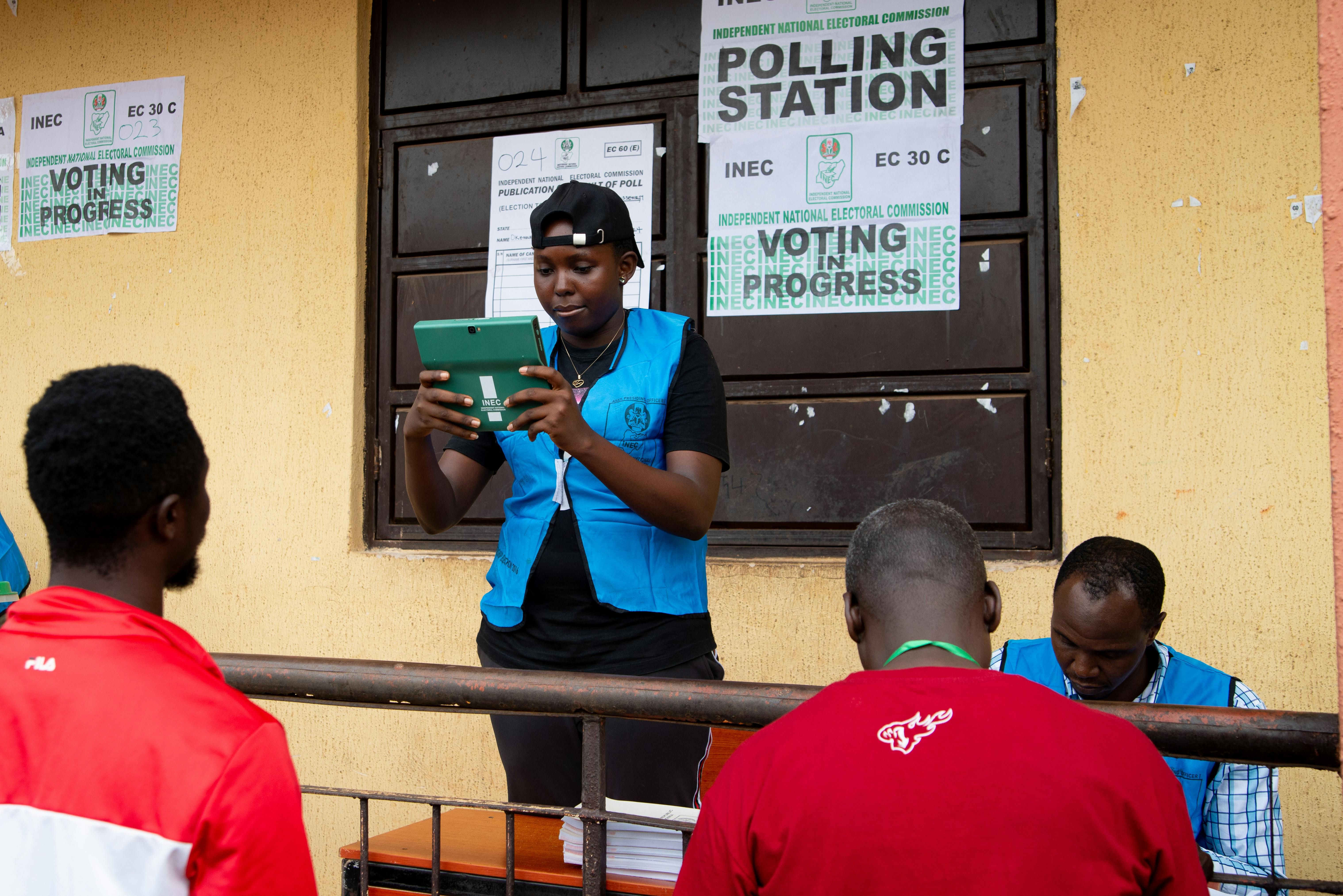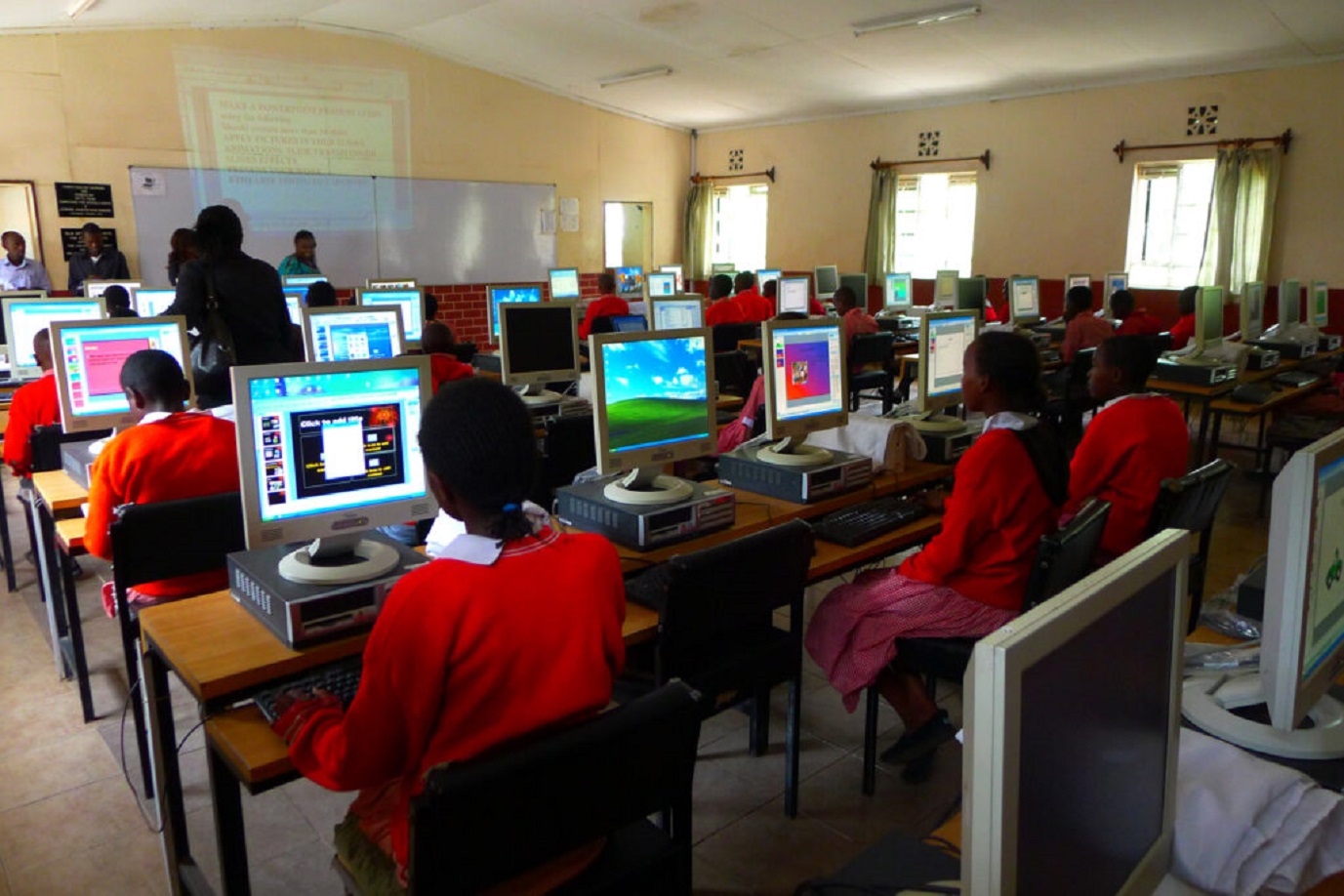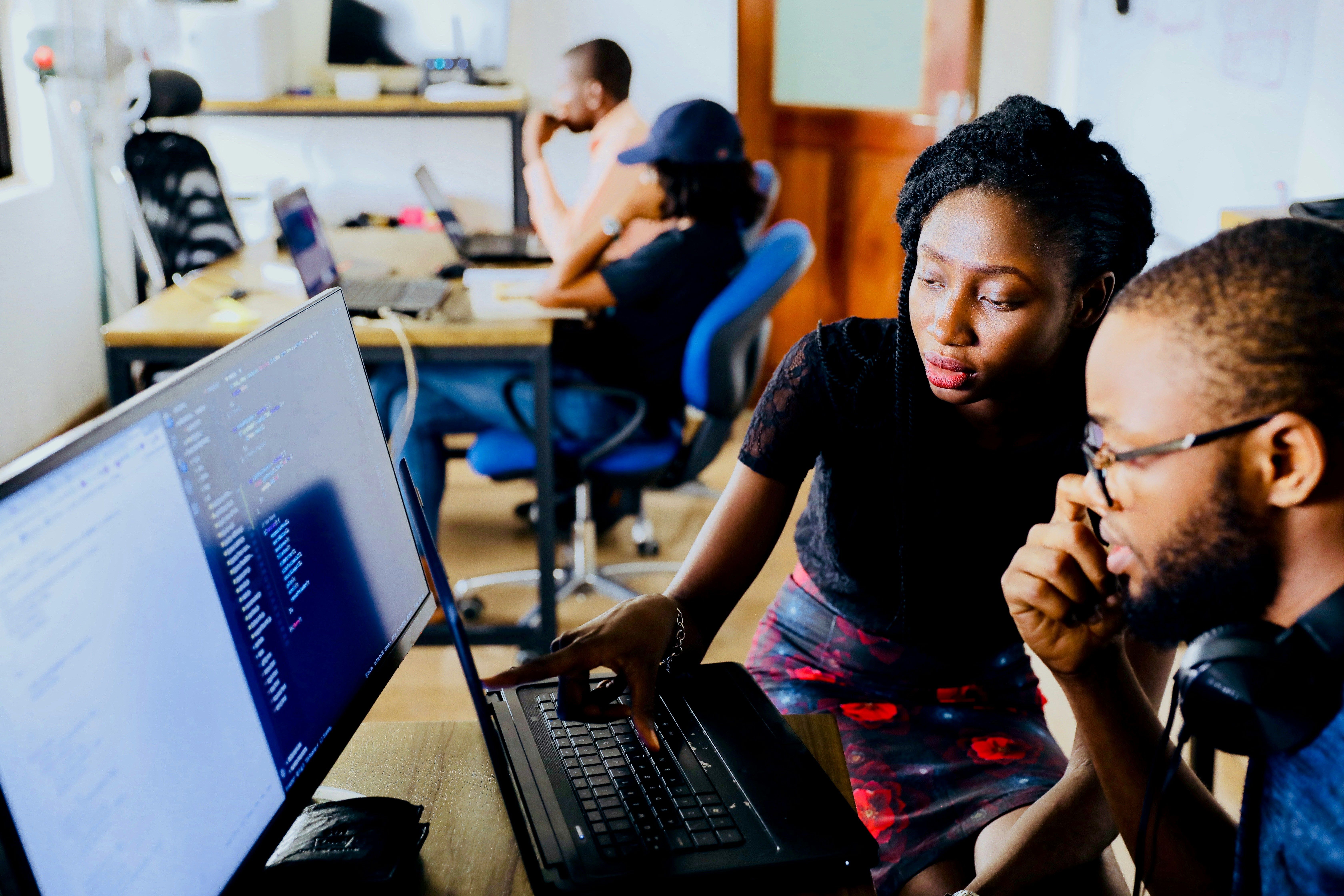Results from the DDI Programme
Access Now
During this reporting period, Access Now has had a special focus on spyware surveillance. They published a report calling out the use of Pegasus to hack and spy on civil society in Jordan.
Access Now’s commitment to challenge overreaching surveillance laws, policies, and practices and the use of spyware is demonstrated by their involvement in a landmark case against the cyber-intelligence company NSO Group. Access Now’s work on the case began in 2020, when they collaborated with multiple partners to submit an amicus brief and compile in-depth testimonies from Pegasus victims in India, Morocco, Rwanda, and Togo. In May 2025, a California jury found that NSO Group should pay $167,254,000 in punitive damages and $445,000 in compensatory damages for targeting WhatsApp’s infrastructure with its Pegasus spyware. This is the first time the company is to pay damages for its hacking operations, and marks the first major court victory against the spyware firm. Access Now coordinated with partners in the Global South — who are working on the frontlines — to help amplify their voices and experiences in this case.
CIVICUS
Ahead of Bolivia’s 2025 elections, CIVICUS supported ChequeaBolivia though their Election Grants. ChequeaBolivia tackled the rapid spread of electoral disinformation and documented 792 new false or misleading cases and fact-checked 100 posts. ChequeaBolivia expanded its ChequeaTuVoto platform and launched creative campaigns to reach young and underserved voters. The platform drew over 24,000 visits, while collaborations with influencers generated 40 posts reaching around 150,000 monthly viewers on TikTok and Instagram. Youth-focused campaigns helped first-time voters better understand the electoral process and spot false claims. As one young participant shared: “The Burbuja Digital video made me think about how misinformation can manipulate us; now I double-check before sharing.” Youth feedback captured through quick surveys showed that 3.7/5 felt more informed to vote, and 4.4/5 felt more capable of identifying false or misleading posts.
Through their Digital Resiliency Grants, CIVICUS has supported Umunthu Plus in Malawi to provide digital security trainings for journalists and to strengthen Malawi’s collective defence against misinformation through the ‘I Verify Desk’ hosted at Umunthu FM. The project has equipped 20 journalists and CSO actors with digital security, cyber law awareness, and misinformation detection skills. Participants reported an 87% reduction in account compromises after applying new safety practices, and many now proactively educate their own communities. ‘I Verify Desk’ has verified and publicly clarified viral false stories—including fake election results and misleading posts involving public figures—reaching over 1,500 citizens online and prompting growing public requests for verification. For audiences shaken by election-related rumours, the platform has provided reassurance and restored trust.
Digital Defenders Partnership
DDP provided regional partnership funding to a long-standing digital rights and digital safety initiative operating in Myanmar. The initiative was originally established in 2012 to promote the use of technology for social change, media literacy, and the empowerment of youth and marginalized communities. Following the 2021 military coup, the initiative continued its work through a dedicated digital rights and digital safety team operating under heightened risk. The year-long grant from DDP supports preventative digital security for activists, journalists, and civil society actors, with planned activities including the delivery of contextualised digital security trainings and training-of-trainers programmes to strengthen local trainer and support networks. The grant also enables the continued operation of a Digital Security Helpline, providing technical assistance, emergency support, and incident response. Finally, the grant supports organisational digital security advocacy and ongoing research and documentation to adapt mitigation approaches to Myanmar’s evolving digital threat landscape.
DDP has made significant progress with the Tech Care Guide, which is developed as a step-by-step resource for civil society to deliver digital support in emergencies. This tool offers guidance for identifying risks, responding to incidents, and fostering care practices around digital security and well-being. In May 2025, DDP launched the French translation of the Tech Care Guide, ensuring maintenance and adaptation of the content to enhance usability. It was shared widely with French-speaking audiences through conferences and events in Francophone Africa and among regional networks.
Danish Institute for Human Rights
DIHR has successfully convened a global expert group of 18 leading specialists from diverse disciplines and regions to develop international legal principles for the digital age. The group is tasked with defining how international law and standards should be interpreted, applied, and enforced in digital contexts - a significant step toward strengthening human rights–based governance of digital technologies. Through an inclusive process and months of collaborative work, the experts worked in thematic sub groups on principles which were then consolidated into a comprehensive zero draft. This draft will serve as the basis for discussion and finalisation of the principles at an in person meeting in February 2026.
As a result of several multi-stakeholder consultations on the global legal principles which were conducted in 2025, the project has paved the way for broader dissemination and uptake once the legal principles are finalized among duty-bearers, civil society, justice actors, NHRIs and the private sector. These engagements included sessions at the Internet Governance Forum in Norway, the Bread & Net regional digital rights conference in MENA, a regional consultation in Africa at the Forum on Internet Freedom in Africa and in a regional consultation organised in Bangkok. The consultations gathered general and regional-specific input to the content and structure of the principles, and raised awareness and interest about international law regulating the digital space.
European Partnership for Democracy
Consortium partner The World Organisation of the Scout Movements (WOSM) mobilised 40 young scout members from 10 different countries during the training of trainers (ToT) in Togo in April 2025. They were trained on digital technologies and advocacy for digital rights. The participants then mobilised their own national movements, becoming trainers of their community in Niger, Cameroon, Chad, Senegal, Mali, and Ethiopia, training a total of 311 young scout members during the month of June. The ToT campaign will continue, with the objective of training 500 young people across the Sahel region.
During September 2025, 25 young community leaders were trained in Mali on digital literacy, civic engagement, misinformation, civic tech, cyber threats and AI. Following the coaching, the young community leaders started holding sessions across schools, university and youth associations. The activity aims at reaching at least 500 young people as each community leader will train 20 youth through these sessions.
Empowering Civil Society
in the Digital Age





Fondo de Mujeres del Sur
Net-that-Works, with Fondo de Mujeres del Sur (FMS) as the leading partner, have succeeded in kick-starting their sub-granting mechanisms across their consortium. 132 organisations have been supported distributed between 14 countries. This achievement reflects a deliberate effort to resource actors working in highly diverse contexts, prioritizing grassroots organisations in underrepresented areas while also strengthening regional networks with the capacity to influence digital rights frameworks. By covering the macro, meso, and micro levels of intervention, the portfolio ensures a multi-layered impact: advancing policy advocacy, reinforcing organisational preparedness, and enhancing individual and community resilience. The composition of the selected organisations includes Women Human Rights Defenders and Women Decision Makers, such as digital activists, journalists, LGBTQ+ groups, migrant communities, Afro-descendant and Indigenous women, and academic collectives. The support provided not only responds to urgent protection needs but also contributes to long-term transformations in digital citizenship, gender equality, and the defence of (digital) democratic spaces across Latin America.
In November 2025, the digital campaign #LoDigitalEsReal was launched. The campaign achieved strong visibility and engagement across platforms but also incorporated respected influencers from all participating countries to expand reach and resonance in a less political tone. The landing page (https://lodigitalesreal.org/) is a repository of concepts, debates, and strategies to address TFGBV and includes a resource directory of organisations that provide support in cases of digital violence.
WITNESS
In August 2025, WITNESS partnered with INSM, an Iraqi organisation whose fact-checking portal, Al-Fahes, plays a leading role in countering misinformation in Iraq. Together, they launched a training to equip journalists and fact-checkers with the skills needed to navigate an AI-saturated information landscape ahead of Iraq’s November elections. Delivered remotely over two interactive sessions with Arabic interpretation, it brought together journalists, fact-checkers, and civil society practitioners to provide essential knowledge and practical tools to respond to the growing influence of generative AI in electoral processes and to explore how generative AI is shaping elections and how emerging detection and verification strategies can strengthen information integrity. Following the trainings, participants stated improved understanding and high confidence in their ability to apply verification skills to their work. In addition to building AI detection skills, the training connected participants to WITNESS’ Deep Fakes Rapid Response Force, enabling communities to access expert support and tools. In 2026, WITNESS will continue to partner with journalists and fact-checkers across regions to deliver these trainings ahead of elections.
The new Google Pixel 10, launched in August 2025, is the first smartphone to automatically show whether a photo was taken by a camera and whether it has been edited – including AI modifications. This makes it easier for anyone viewing a photo to see how it was created and trust what they see. WITNESS helped make this possible. Fifteen years ago, they partnered with Guardian Project on ProofMode, a system using camera metadata to verify the authenticity and provenance of images in critical human rights contexts. Back then, they asked: what would it look like if every camera could do this? Now, that vision is becoming reality.
IWGIA
IWGIA organised a two-week cross-regional exchange in Bolivia, bringing together 40 Indigenous leaders and experts from Africa, Asia, and Latin America. Discussions focused on the use of mapping for litigation, territorial governance, journalism, the development of historical maps, as well as future integration of artificial intelligence into mapping. Presenters shared experiences from Ecuador, Peru, Bolivia, Argentina, Brazil, Chile, Mexico, Guatemala, Kenya, and Thailand. The seminar concluded with a field visit where participants learned how Indigenous forest rangers use digital tools such as GPS, mobile applications, and drones to monitor and protect forests from illegal logging. They also learned how early warning bulletins are produced using meteorological data combined with Indigenous knowledge, such as observations of stars, fauna, and flora. The exchange was not only a valuable learning experience but also fostered meaningful connections among the participants.
IWGIA’s partner International Media Support conducted the “Training of Trainers (ToT) Bootcamp on Climate Change and Environmental Constructive Reporting” in Malaysia and the Philippines. The training focused on strengthening newsroom capabilities to ensure that media organizations can systematically apply constructive journalism principles. Participants, including those from community media organisations, saw immediate applications for their work. “The insights into solution-focused storytelling and AI tools for data analysis are particularly helpful for a lean organisation like ours. As we implement these learnings, we aim to create impactful stories that empower communities and foster resilience against recurring natural disasters,” one participant stated.
Global Focus
Global Focus conducted a series of Community Calls for participants in the Knowledge Hub community. One highlight was Community Call #6 in June in collaboration with DDI implementing partner WITNESS and the DDI Advisory Board. The Call examined the world of disinformation and generative artificial intelligence, and how the increasing use of AI generated imagery is making it harder than ever to prove or disprove the authenticity of an image. In it, Richard Ngamita from the DDI Advisory Board presented a selection of cases, and challenges facing the verification process and gave insight into the issues that were expected in relation to elections. Widespread panic about the use of deepfakes and AI-assisted misinformation in the 2024 Year of Elections, turned out to be overstated, but not unproblematic. Following up, Nkem Agunwa from WITNESS presented their guide on Community-based Approaches to Verification covering their six-stage verification process and gave a thorough run-through of some of the available image verification methodologies.
Global Focus and CIVICUS have collaborated on building an online global digital knowledge hub curating information and knowledge products to enable peer-learning within and across borders and organisations about the challenges, potentials, and impacts of digital technologies on civic engagement and inclusive democracy. The Knowledge Hub consists of a curated online library, as well as a global peer learning community sharing knowledge in regular Community Calls featuring presentations and knowledge sharing from across the DDI partner projects as well as the Advisory Board for the DDI, and beyond. The first version of the platform can be accessed here: Connecting Current



